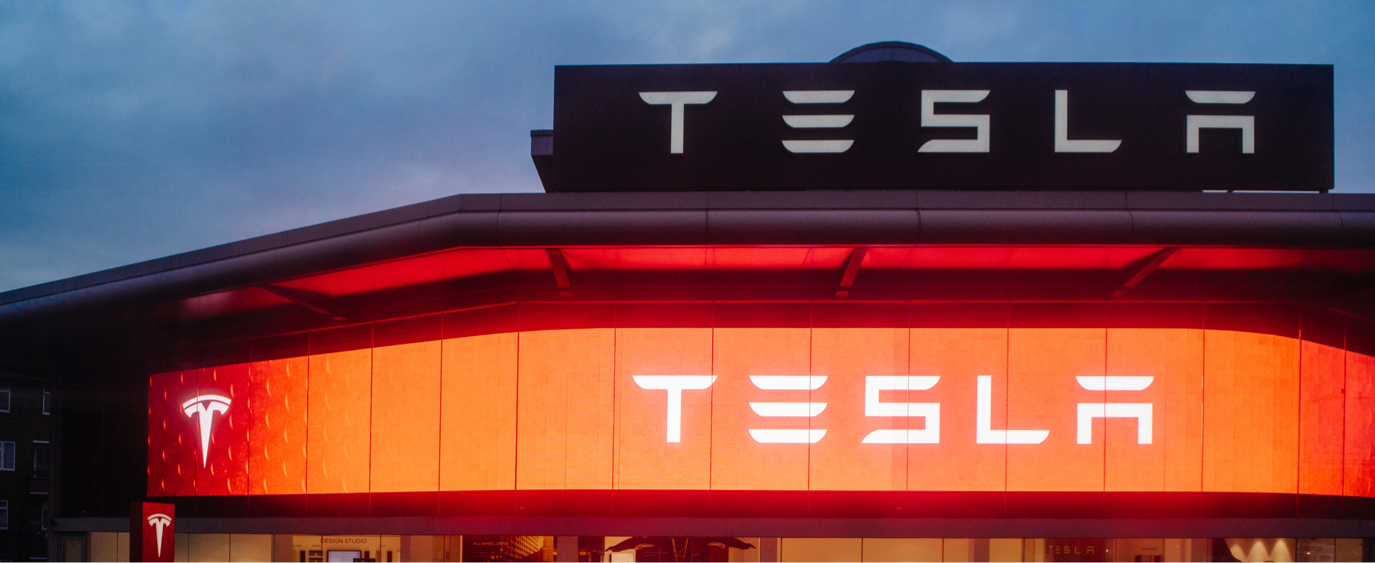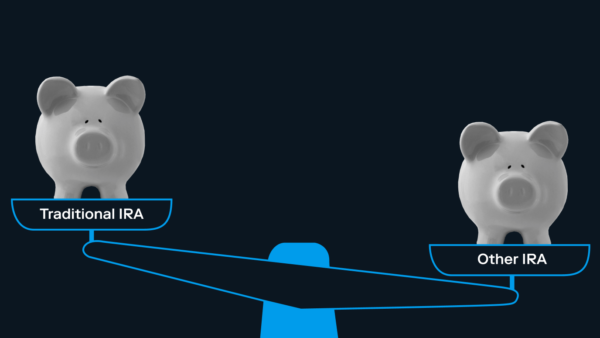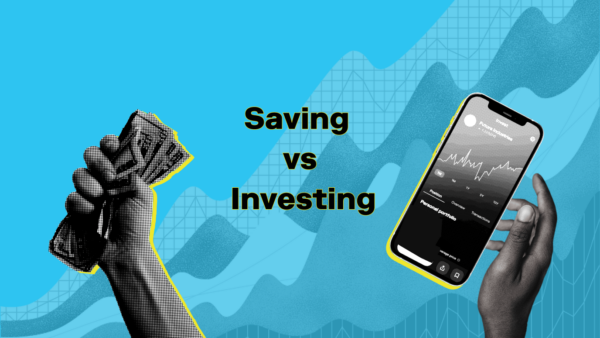Aug 7, 2018
Elon Musk May Take Tesla Private: What Does That Mean?
It’s the opposite of when a company goes public or has an initial public offering (IPO).

On Tuesday, Tesla founder and chief executive officer Elon Musk announced that he may take the electric car manufacturer private.
The company, based in Palo Alto, California, has been publicly traded on an exchange called the Nasdaq since 2010.
Following the announcement, the Nasdaq halted trading of the company’s shares. (It then resumed trading less than two hours later.)
Musk has proposed making existing shareholders partial owners in the newly-private company by setting up a fund that would hold their shares. He has also floated the idea of buying shares at $420—about 20% higher than its current share price—which would value Tesla at $72 billion, according to the Wall Street Journal.
So what does all this mean?
What happens when a company goes private?
It’s the opposite of when a company goes public, or has an initial public offering. (That’s when a private company lists on a public exchange, such as the New York Stock Exchange or Nasdaq.)
Companies generally go private when another company makes a bid for the company’s shares. Executives of the company might also make a decision to take the company private, and buy the outstanding stock from shareholders.
When a company goes private, its shares are delisted from an exchange, which means the public can no longer buy and sell the stock. The company may offer existing investors a price for their shares that may be above the current level.
Why would Tesla go private?
Private companies don’t have the same level of scrutiny that public companies do.
When companies are public, they must file quarterly earnings reports with the Securities and Exchange Commission (SEC). These reports are filled with details about the company’s profit (or lack of it), revenue, debts, and changes to management, among many other details.
Private companies are not required to file these reports.
In recent years, for example, Tesla has been widely criticized for burning through hundreds of millions of dollars in cash and missing production deadlines, which has been widely broadcast following its earnings reports.
By going private, a company can often avoid regulatory scrutiny and the need to make public filings about its hits and misses. And that appears to be at least one motivation for Musk’s hope to go private. In a letter to shareholders Tuesday, Musk wrote:
“Being public also subjects us to the quarterly earnings cycle that puts enormous pressure on Tesla to make decisions that may be right for a given quarter, but not necessarily right for the long-term.”
Good to know
It’s important to realize that many executives who intend to take their companies private often don’t, according to Financial Industry Regulatory Authority (FINRA). Announcements about going private can often boost a company’s share price temporarily, according to FINRA.
Tesla’s stock increased about 10% following Musk’s announcement, when the stock resumed trading, according to reports.
Have other companies gone private?
Yes, recent examples include computer maker Dell, ketchup manufacturer H.J. Heinz, and the supermarket chain Safeway.
Related Articles

15 Largest AI Companies in 2024

The 12 Largest Cannabis Companies in 2024

What Is a Traditional IRA?

Saving vs. Investing: 2 Ways to Reach Your Financial Goals

How To Invest in the S&P 500: A Beginner’s Guide for 2024

Stock Market Holidays 2024





